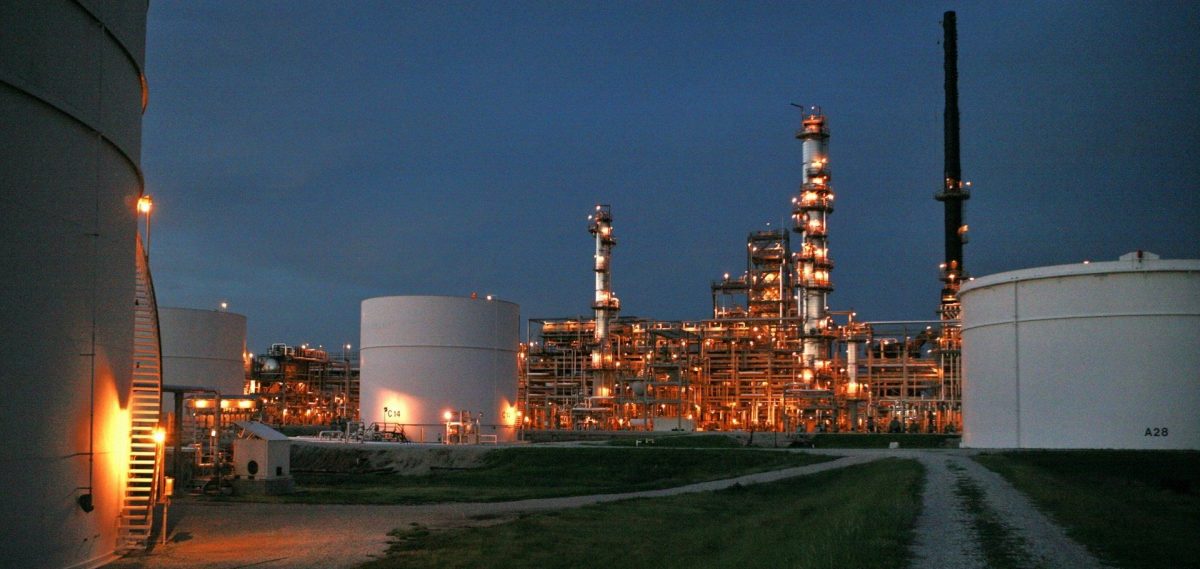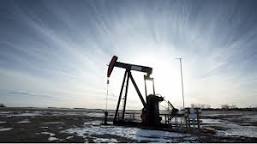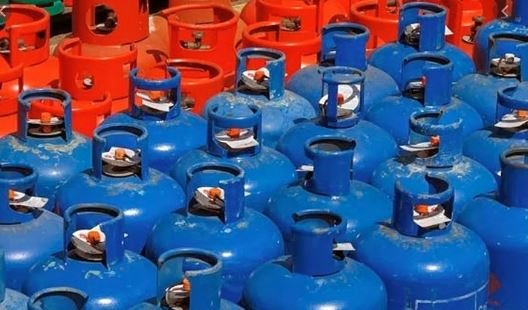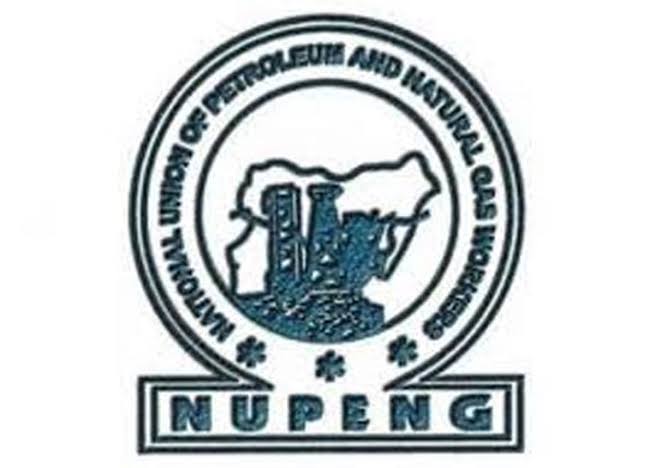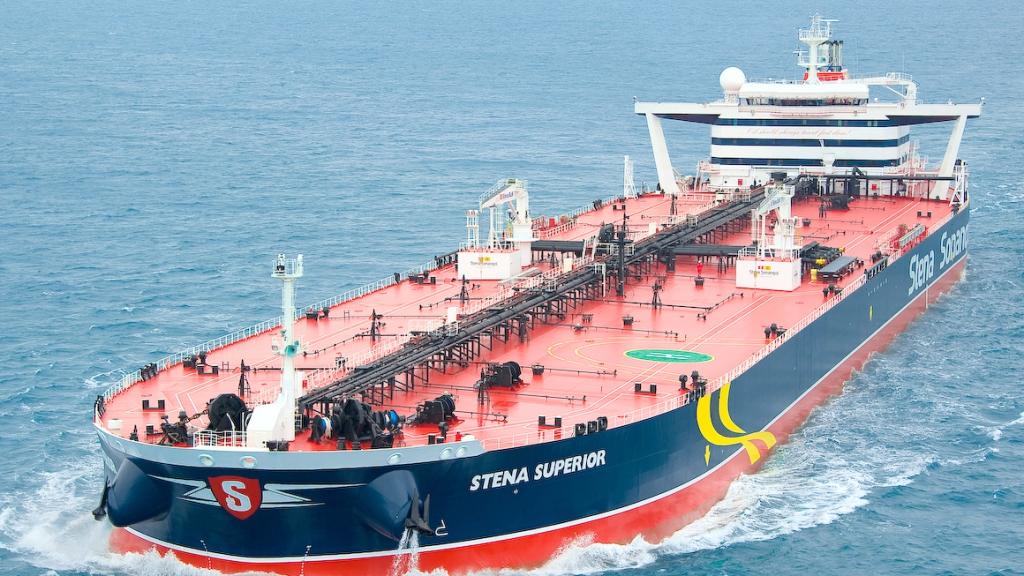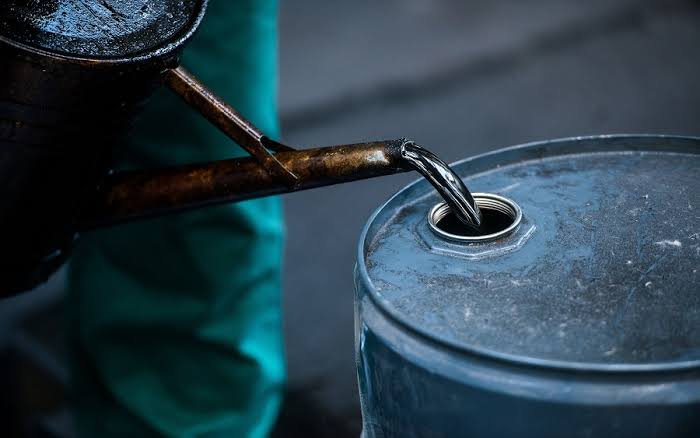The collapse of crude oil prices and the oversupply of the commodity in the global market amid shrinking demand may force some producers in Nigeria to shut down their oilfields, ’FEMI ASU reports
Given the high cost of producing a barrel of crude oil in Nigeria, the current market turmoil caused by the coronavirus pandemic and exacerbated by the price war between Saudi Arabia and Russia is taking a huge toll on producers in the country.
Industry analysts have said the downturn in the global oil market might lead to the suspension of production by some operators in the country.
The international oil price benchmark, Brent crude, fell to $22 per barrel on Monday, its lowest level in 18 years this week, forcing some global producers to start shutting down their oil rigs.
Goldman Sachs, the US banking group, said on Monday that oil well shut-ins had reached at least 900,000 barrels of oil a day, but “the true number [is] likely higher and growing by the hour”.
“Given the cost of shutting down a well, a producer would be willing to pay someone to dispose of a barrel, implying negative pricing in landlocked areas,” the bank said in an investor note.
Last month, the Group Managing Director of the Nigerian National Petroleum Corporation, Mallam Mele Kyari, noted that about 50 cargoes of Nigerian crude oil had yet to find buyers “due to the drop in demand.”
According to Kyari, the current cost of crude oil production in the country is within the range of $15 to $17 per barrel, while Saudi Arabia has a cost of production that is between $4 and $5 per barrel.
He said countries producing at the cheapest price would remain in the market while those with high cost of crude oil production would not be able to cope with the competing prices.
An energy expert and a former board member of the NNPC, Alhaji Abdullahi Bukar, told our correspondent that producers in Nigeria might have to scale down their operations.
“If oil prices drop to around $10 or $15, there has to be a lot of efforts either to reduce some of the things we are seeing now that form part of the cost of operating the fields or a lot of production will go out.”
He, however, said some companies would still be able to produce smaller volumes at those low prices.
Bukar said, “The producers will continue to produce whatever they can but they will slow down in increasing or maintaining capacity. They will try to cut the costs of whatever they are doing, so that the operations remain profitable.
“They need the help of government, communities and other stakeholders to also cut down their demands so that they can keep people happy and working, and lower the unit operating cost of Nigerian crude oil so we can remain in business. It is a very tough time.”
He said the marginal field operators would suffer the most, “more especially as unfortunately in the last few months, the quota system has been applied to them.”
“When you tell someone who is producing 2,000 barrels to cut off 20 per cent of its production, you have damaged him. So, the marginal field operators need to be allowed to produce at whatever level they can, so they can survive,” Bukar added.
An energy expert, Mr Bala Zakka, said several companies would have to shut down their oilfields, adding that the small players would be hit the most.
“The amount of work the small players may need to do to produce the crude oil may not be as complicated as that of the big players. But when it comes to availability of funds, they don’t have the leverage that big players have,” he said.
The Chairman/Chief Executive Officer, International Energy Services Limited, Dr Diran Fawibe, said the loss to be incurred by the companies if they shut down production might be more than the loss caused by the crash in oil prices.
He said, “The situation is bad enough, but if you shut down, it is not at zero cost. So, do you now shut down and start to incur the costs associated with non-production? If you are producing, even though it is not economical, you may then have a reduced level of production.
“There are various scenarios about oil production level in the country depending on what happens. If the situation worsens and the price goes below $20 per barrel, then we will be talking about a new scenario completely. And I believe the government is monitoring the situation very keenly with a view to taking appropriate measures.”
The US oil producers were said to have shut 40 rigs last week alone, according to a review from engineering group Baker Hughes, the biggest one-week drop since the last oil market downturn battered the US shale industry in 2015.
Goldman Sachs estimated that global oil demand had fallen 25 per cent in the wake of the coronavirus outbreak and the price of Brent crude could fall to lows of $20 a barrel.
A Norwegian consultancy, Rystad Energy, said last week that oil prices could fall as low as $10 a barrel if the economic impact of the coronavirus dents global oil demand by 16 million barrels of oil a day.
Last week, a major Nigerian independent oil and gas firm, Seplat Petroleum Development Company Plc, said it was looking to cut costs by at least 30 per cent to counter a crash in crude prices.
Its Chief Financial Officer, Roger Brown, said Seplat’s western Nigeria assets could continue producing even at oil prices below $20 per barrel, as revenues from gas help shield them from the downturn.
He said other projects, such as the Gbetiokun oil field, which produced its first oil in July, would struggle to remain profitable, if oil prices stayed close to $25 per barrel.
“At some point, you would shut it in if the oil price stays below that level,” he added.
Nigeria, Africa’s top oil producer, relies on crude oil for most of its export earnings and government revenue. Oil production in the country has continued to hover between 1.9 million barrels per day and 2.2 million bpd in recent years.
The 2020 budget, which was signed by the President, Major General Muhammadu Buhari (retd.), in December, was based on oil production of 2.18 million barrels per day with an oil price benchmark of $57 per barrel.
The Federal Government, which was looking to generate 32.34 per cent (N2.64tn) of expected total revenue from oil, has been forced to propose the reduction of the oil price benchmark to $30.
The Head of Exploration and Production at Vitol, Andrew Lewis, said many companies would want to avoid shutting production entirely, but even small cuts could be political decisions involving host countries that rely on energy royalties.
“Governments are going to be involved in these decisions. When the production needs to come back, it will not, however, be switched back on overnight,” he was quoted by Financial Times as saying.
Source: Punch
